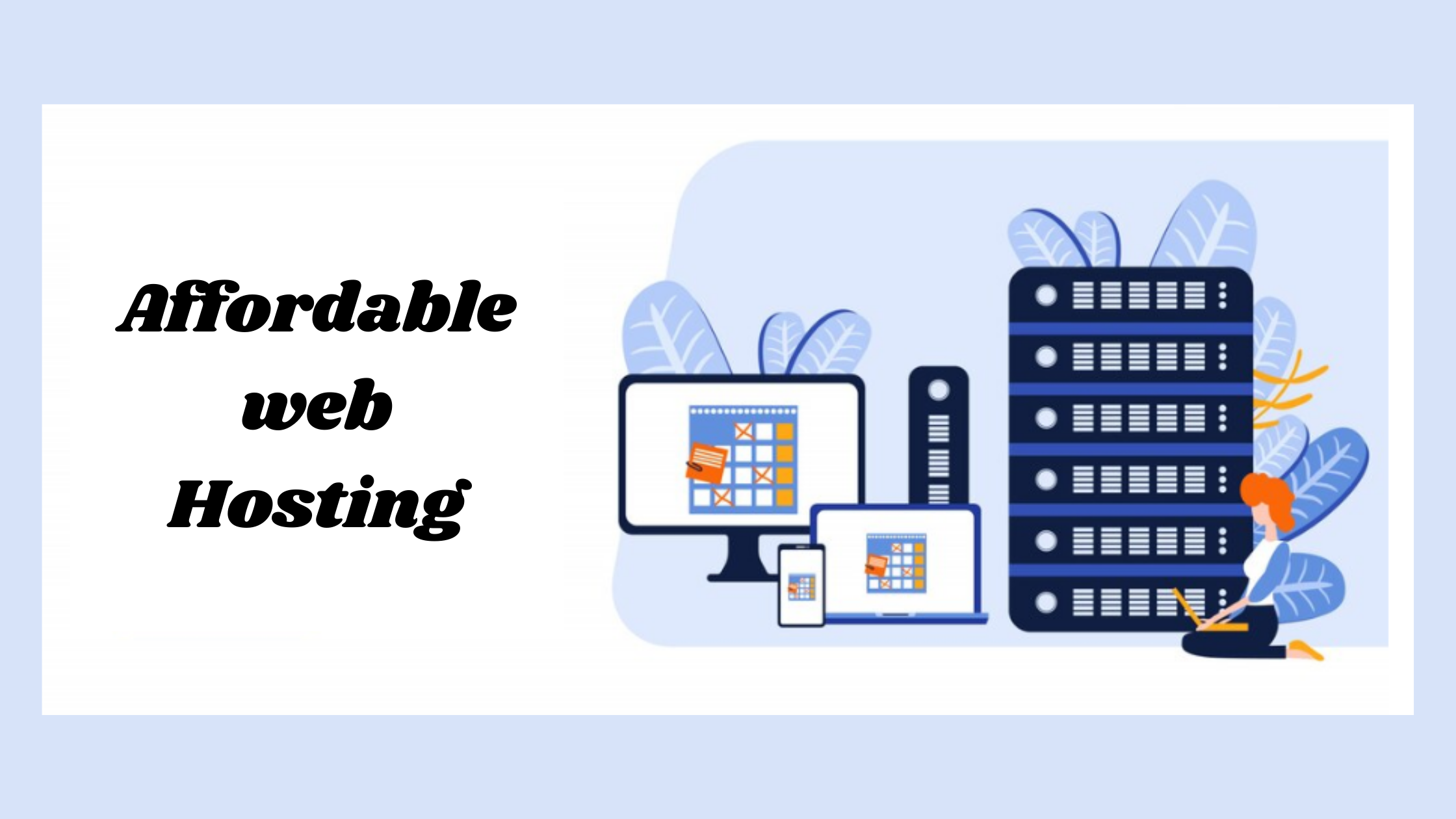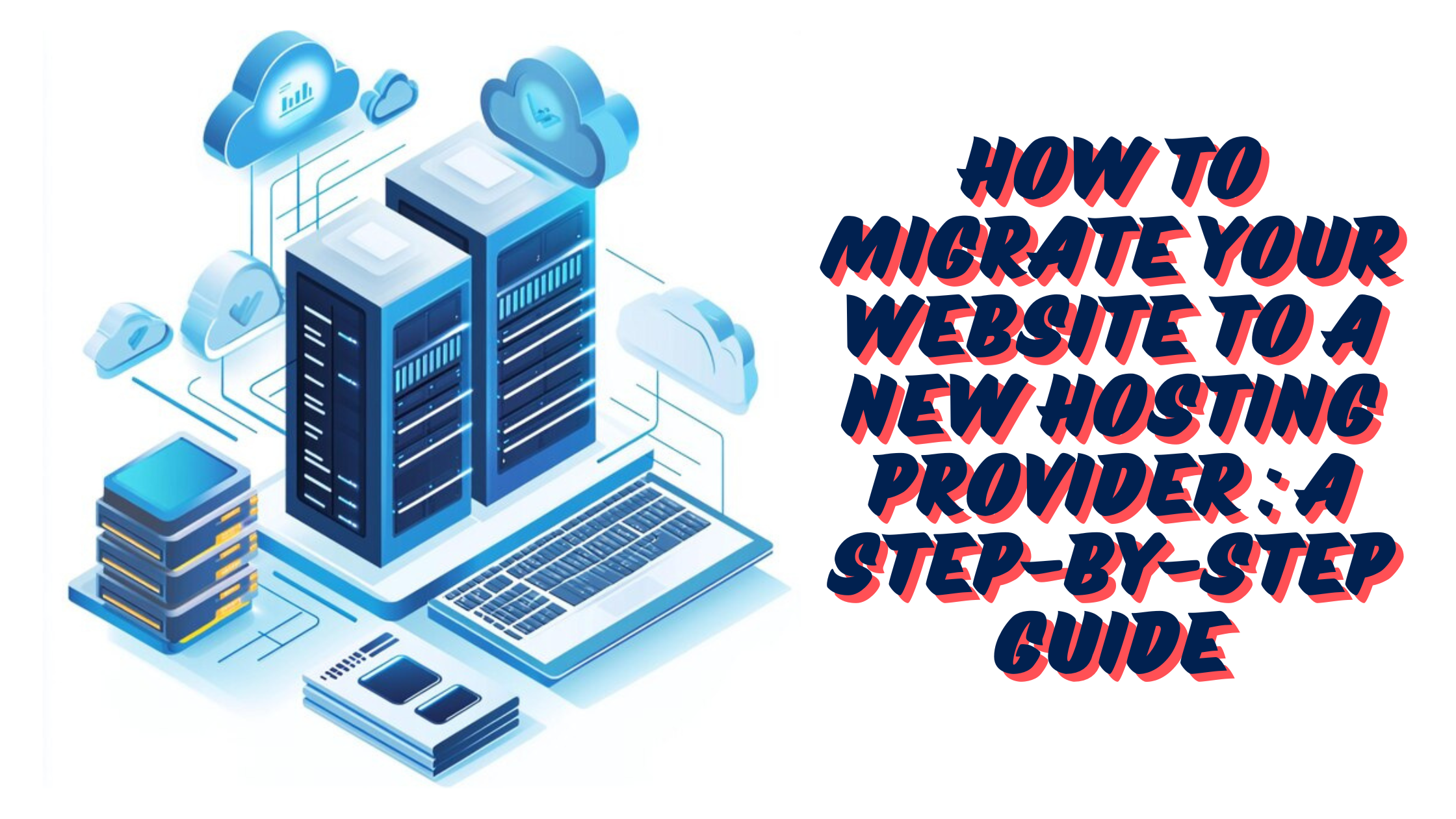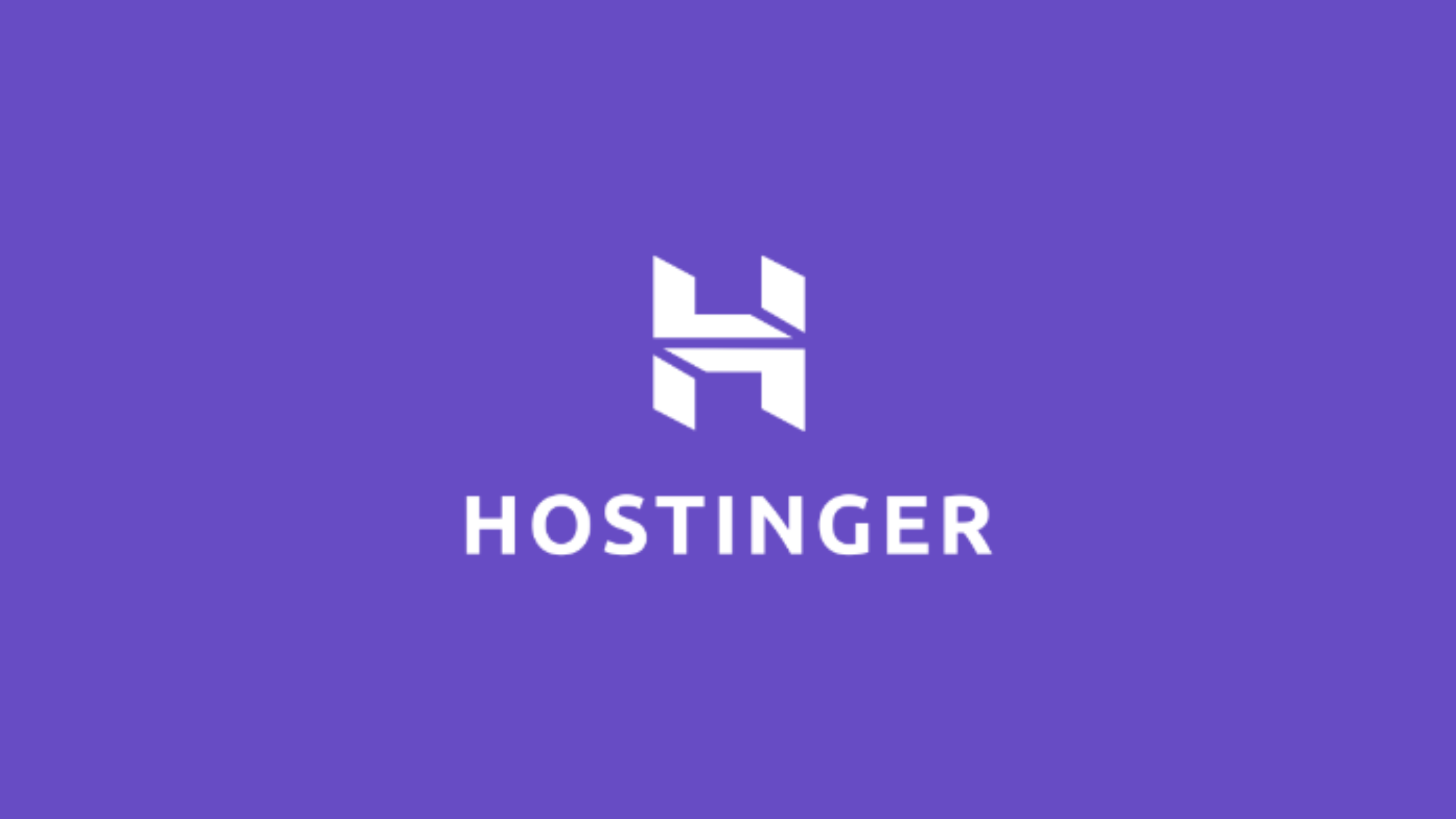Table of Contents
Finding the right website hosting service in India can feel overwhelming, especially when you’re just starting out. This guide will walk you through the imperative steps to identify reliable and budget-friendly hosting options tailored to your needs. You’ll learn how to evaluate features, compare pricing, and recognize the best deals in the market so you can confidently launch your online presence without breaking the bank.
Understanding Types of Website Hosting
A plethora of website hosting options exists to cater to different needs and budgets. Here’s a brief overview:
| Type | Characteristics |
| Shared Hosting | Cost-effective, suitable for small websites |
| VPS Hosting | More resources and control compared to shared hosting |
| Dedicated Hosting | Entire server for single user, high performance |
| Cloud Hosting | Flexible resources, ideal for fluctuating traffic |
| Managed Hosting | Provider handles maintenance and technical support |
Recognizing the right type is imperative for effectively achieving your website’s goals.
Shared Hosting
To begin your online journey, shared hosting is often the most affordable option available. It allows you to host your website on a server shared with multiple other users, making it ideal for personal blogs or small business sites. This type is user-friendly and usually comes with a simple setup process, making it perfect for beginners.
VPS Hosting
You might consider VPS hosting if your website grows and requires more resources. With virtual private server (VPS) hosting, you still share a physical server but have your own dedicated portion of its resources, offering greater performance and stability. This option strikes a balance between cost and control, suitable for medium-sized businesses.
Hosting options like VPS provide the flexibility to manage your environment. You can install custom applications and software while enjoying a higher level of performance than shared hosting. (Evaluating your current and future needs will guide your choice between shared and VPS hosting.)
Dedicated Hosting
You should consider dedicated hosting if your website has high traffic demands or requires custom resources. This option provides an entire server dedicated solely to your website, delivering optimal performance. (Choosing dedicated hosting often involves a significant financial commitment, so weighing your needs and budget is important.)
With dedicated hosting, you gain unparalleled control over your server, allowing complete customization and enhanced security features. Businesses and sites that expect significant traffic typically opt for this level of service to ensure speed and reliability. (Deciding on dedicated hosting can often lead to optimal performance for high-traffic websites.)
Cloud Hosting
There’s a growing trend toward cloud hosting because of its flexibility and scalability. This type utilizes a network of remote servers to balance the load and optimize resource availability. (Considering cloud hosting is often beneficial for websites with varying or unpredictable traffic patterns.)
With cloud hosting, your resources can be adjusted easily as your needs change, ensuring that your site remains fast and responsive. This setup not only offers good performance but also enhances reliability due to redundancy. (Analyzing how often your site experiences traffic spikes can determine if cloud hosting is the right choice for you.)
It’s vital to understand these hosting types to make an informed decision that aligns with your website’s goals and budget. Selecting the right hosting can significantly impact your site’s success and user experience.
Key Factors to Consider
There’s a lot to think about when choosing affordable website hosting in India. Here are some key factors to keep in mind:
- Budget and Pricing Plans
- Performance and Uptime
- Customer Support and Reliability
- Scalability and Growth Potential
This will help ensure you select the best hosting option for your needs.
Budget and Pricing Plans
Even if you are on a tight budget, there are hosting plans that cater to your financial needs. It’s wise to compare various plans and their features before committing to a provider.
Performance and Uptime
With hosting, performance and uptime are paramount. A slow or frequently down website can frustrate visitors and negatively impact your business (this aspect deeply influences customer retention). You want a host that delivers consistent service and quick loading times.
It’s important to review uptime guarantees and performance metrics provided by the hosting service. Ideally, look for a host with at least 99.9% uptime reliability to ensure your site remains accessible at all times (this will keep your visitors engaged and supported).
Customer Support and Reliability
Some hosting providers shine in customer support, which can be a lifesaver when you encounter technical difficulties. Look for hosts known for their responsive, knowledgeable support teams to assist you when needed.
It’s also beneficial to check customer reviews regarding support experiences. A reliable host should offer multiple channels for support, ensuring you can get help through your preferred method.
Scalability and Growth Potential
Now is the time to think about future growth. Choosing a host that allows you to scale your resources as your website evolves is important to accommodate increased traffic without a hitch.
Another factor to consider is whether the hosting provider offers seamless upgrades and additional features to support your growth journey. This foresight can prevent the need for frequent provider changes as your website expands its offerings.
Tips for Choosing the Right Hosting Provider
Despite the plethora of options available, selecting a hosting provider that aligns with your needs can be straightforward. Consider these pointers:
- Assess your budget and needs.
- Look for uptime guarantees and customer support.
- Evaluate scalability options as your website grows.
- Verify compatibility with your website’s content management system.
Thou must take the time to thoroughly evaluate each provider before making a commitment.
Read Reviews and Testimonials
Reviews often reveal valuable insights into the performance and reliability of a hosting provider. (Reading various reviews can significantly impact your choice.)
Assess Features and Tools
Even the finest hosting can vary in features and tools provided. (Choosing a provider that offers the necessary tools can enhance your website’s functionality.)
You should look for necessary features, including storage space, bandwidth, and security options. Many providers offer different plans, so evaluate which features align with the goals of your website. Adequate tools can make managing your website a breeze while ensuring optimal performance. (A well-rounded selection enhances your overall experience.)
Check for Hidden Fees
Testimonials can help illuminate any hidden fees associated with hosting. (Understanding the total costs is vital for budgeting.)
Clearly, some providers may advertise low prices but include unexpected charges for services like domain transfers or SSL certification. To prevent surprises down the road, thoroughly read the fine print and clarify any ambiguous terms. (A transparent pricing structure fosters trust.)
Evaluate Money-Back Guarantees
Right from the start, you should check if the hosting provider offers a money-back guarantee. (Having the option to receive a refund reduces the risk of your decision.)
The confidence that comes with a robust money-back guarantee can be invaluable. If the service does not meet your expectations, you can walk away without financial loss. Always evaluate the terms of these guarantees to ensure they align with your requirements. (A strong guarantee is a good indicator of a reliable provider.)
Step-by-Step Guide to Set Up Hosting
Many beginners find it overwhelming to set up hosting for their first website. The process can be simplified by following these straightforward steps:
| Step | Description |
| 1. Selecting a Domain Name | Choose a unique name that reflects your brand. |
| 2. Registering your Domain | Purchase your chosen domain from a registrar. |
| 3. Choosing the Right Hosting Plan | Select a hosting plan suitable for your needs. |
| 4. Configuring Your Account and Website | Set up your hosting account and website preferences. |
Selecting a Domain Name
Now you need to decide on a domain name that suits your website’s purpose and is easy to remember. (Your choice will impact your brand’s recognizability.) Ensure it resonates with your target audience and is available for registration.
Registering your Domain
To secure your domain name, find a reputable domain registrar to complete the registration process. (A trustworthy registrar will protect your personal information and offer good customer support.) Always check the renewal fees, as they may vary from promotional rates.
It is important to check domain availability before registering to ensure that you can use your desired name. Consider alternatives, such as different extensions, if your first choice is taken. (Choosing the right domain can help enhance your brand identity in the long run.)
Choosing the Right Hosting Plan
Hosting is vital for your website’s functionality, and selecting the appropriate plan is key to your site’s performance. (Assess your website’s needs based on traffic, features, and budget.) Make sure to compare different hosting providers to find the best value for your requirements.
Hosting plans typically come with various features—such as storage, bandwidth, and support—tailored to fit different needs. Prioritize what is most important for you, whether it’s scalability, customer service, or specific features. (Understanding these factors will help you make an informed decision that aligns with your goals.)
Configuring Your Account and Website
Understanding how to configure your hosting account and website is vital for a smooth start. (The initial setup determines how well your website operates in the future.) Follow the hosting provider’s guides to easily set everything up and ensure your site is up and running smoothly.
If you encounter any issues during setup, don’t hesitate to reach out for support from your hosting provider. They often provide helpful resources and live support for troubleshooting. (Utilizing these resources can save you time and frustration.)
Plus, once you’ve configured your website successfully, regularly monitor its performance to make necessary adjustments later. Maintaining optimization can greatly enhance user experience and search engine visibility. (Ongoing adjustments will ensure your website stays relevant and efficient.)
Pros and Cons of Affordable Hosting Options
All affordable hosting options come with their own set of advantages and disadvantages. Understanding these can greatly assist you in choosing the right service for your needs. Below is a breakdown of the pros and cons:
| Pros | Cons |
|---|---|
| Cost-effective pricing | Limited customer support |
| Great for beginners | Potential for slower speeds |
| Easy setup process | Fewer features available |
| Scalability options | Shared resources can affect performance |
| Access to important tools | Security might be lacking |
Advantages of Low-Cost Hosting
LowCost hosting provides several key advantages that appeal to beginners and bloggers alike. You often benefit from easy-to-use interfaces and beginner-friendly resources that help you set up your website quickly. Additionally, the savings can be significant, allowing you to allocate your budget towards other important aspects of your business or personal project. (Choosing an affordable option can help you kickstart your online presence without overwhelming costs.)
Disadvantages and Limitations
Advantages of low-cost hosting options come with certain downsides. You may find that features like bandwidth and storage are limited, which might hinder your website’s growth over time. Shared hosting environments can lead to slower loading times, particularly if other sites on the same server experience spikes in traffic. Moreover, customer support may not be as responsive or comprehensive as that of higher-priced plans, which can create challenges if you encounter issues. It’s important to weigh these limitations against your website’s current and future needs before making a decision.
Summing up
Taking this into account, finding affordable website hosting is necessary for maximizing your budget while ensuring your online presence remains effective. By assessing your specific needs, exploring user reviews, comparing pricing plans, and looking for promotions or discounts, you can make informed decisions. Additionally, consider scalability and customer support as vital factors that will aid in your long-term strategy. Armed with this knowledge, you’ll be well-equipped to select a hosting provider that meets your requirements without compromising on quality.



